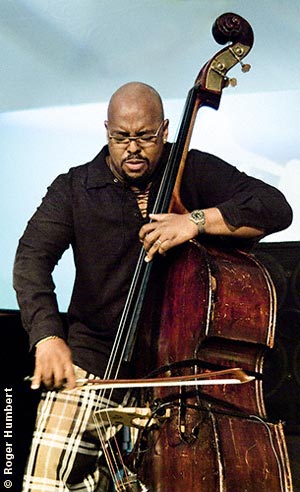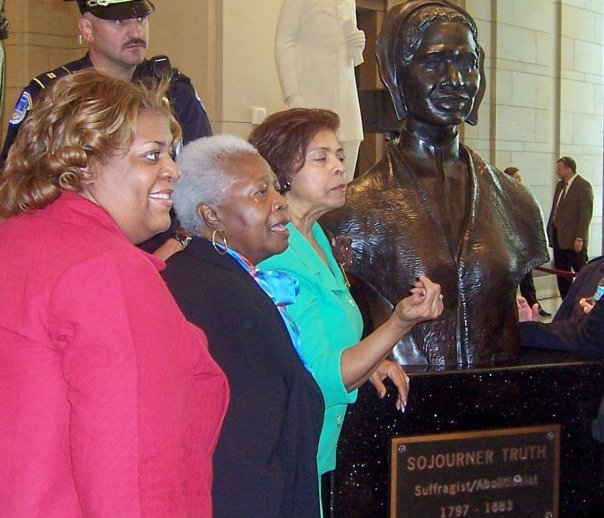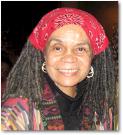It was February 1978 and I was watching newsreels of the Civil Rights Movement in my primary school. At 9, my heart was saddened seeing thunderous water hose and hate-filled blows given to blacks relentless in their fight for freedom. The repeated images moved my heart from sad to mad that one group of people devalued another so much that they sought to keep them down by beating them down. And then I got angry because I was tired of singing “We Shall Overcome.” I remember thinking, “But they didn’t overcome. That song didn’t work. Can we sing a new song? One that works?”
Even though these thoughts flowed freely in my mind, I didn’t know how to verbalize them, at least not in a respectful way to Mrs. Clark, my pretty black teacher who carved confidence in us; to Mrs. Kraus, my Jewish music teacher who cultivated cultural sensitivity in us; or Mr. Mack, my white principal who was kind to all us kids in a non-patronizing way. So at 9, I had my own protest by refusing to sing “We Shall Overcome” another time. Not when Mrs. Kraus prompted us to join in with the armed-clutch crowd rocking back and forth on the newsreel, not in church after the pastor asked us to have a silent moment, and not during any other program looking back on the Civil Right Movement. That is not until last night during a live performance of jazz bassist Christian McBride’s The Movement Revisited: A Jazz Opus in Detroit.
A lover of jazz and gospel music, McBride masterfully blended two of my favorite genres with a jazz orchestra and a church choir and infused the music with narrations of speeches to commemorate the lives of civil rights icons Martin Luther King, Jr., Malcolm X, Rosa Parks and Muhammad Ali. To add to that, one of my sheroes, Sonia Sanchez, read the part of Rosa Parks. I feasted on great words and music that reverberated my being. The Second Ebenezer Majestic Voices opened by singing “This May Be My Last Time” as jazz rifts infiltrated the vocal proclamation. Second, an 18-year-old high school student eloquently read Dr. King’s opening address to the 1964 Berlin Jazz Festival:
“Jazz speaks for life. Much of the power of our Freedom Movement in the United States has come from this music. It has strengthened us with its sweet rhythms when courage began to fail. It has calmed us with its rich harmonies when spirits were down.”
When I heard King’s statement about jazz and considered how it and some gospel songs make me feel like I can move mountains, I knew why the freedom fighters kept singing “We Shall Overcome.” This was a song of faith, declaring that even if they didn’t see come to pass what they were fighting for, they would continue to fight so that following generations could be free to be who God created them to be. So, third, when the Detroit church choir sang an upbeat “We Shall Overcome” with the jazz infusion, I proudly sang along knowing the power of the song and how it in fact had worked.
I had a glorious night, and was glad Christian McBride and the Detroit International Jazz Festival had brought this opus to Detroit. I’ve always liked McBride, but now he is one of my heroes for using the amazing gift of musical composition that God has given him to inspire us all to continue to fight for human rights.
Copyright 2010 by Rhonda J. Smith



